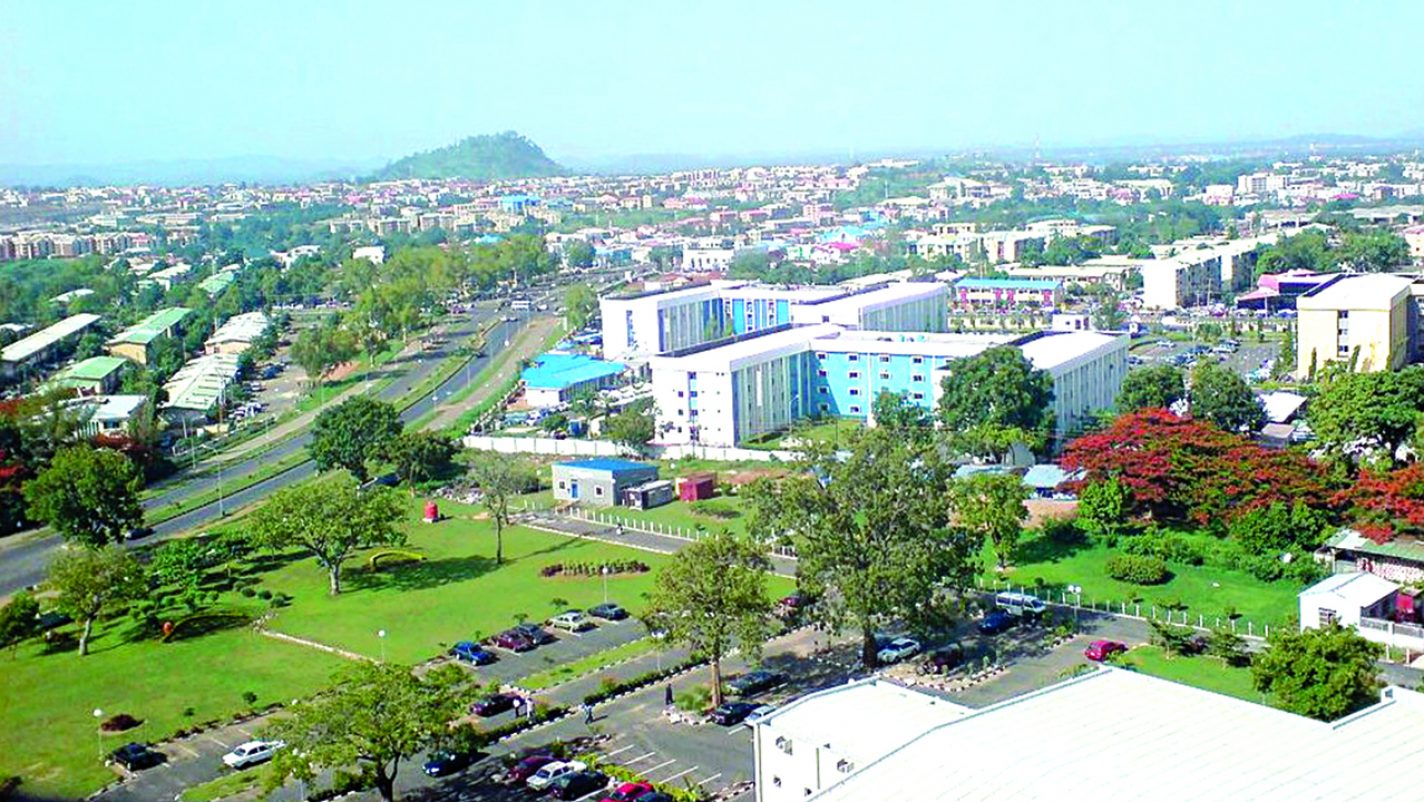Housing is an essential commodity that fosters economic and national development of a country. Housing is a key contributor to the creation of national capital, jobs, and income. In most nations, residential investment makes up between 15 and 25 percent of gross fixed capital formation (GFCF).
A significant increase in housing development boosts labor demand in the construction and building materials industry, which has an impact on the economy’s ability to generate income. In developing nations, housing costs typically make up between one-seventh and one-fifth of all consumer spending.
Also, the housing and construction sector has the capacity to significantly change the status quo of any nation with its multiplier effect on the overall economy of such a nation through direct links to the financial markets, land, building materials, furniture, and labor.
About 17 million housing deficit was estimated as of 2015 in Nigeria, and it was anticipated that it would take about 59. 5 trillion Naira to close the housing gap while the deficit is about 20 million units, going by 2019 Federal Mortgage Bank of Nigeria (FMBN) estimates. While limited access to finance is one of the biggest issues facing the housing sector, insecurity happens to be another negative force waging a great war against housing development in Nigeria.
The underdevelopment of Nigeria’s mortgage industry, which for instance generated less than 200,000 transactions between 1960 and 2014, can be linked to the problem of funding.
The World Bank Report (2015) states that mortgage financing makes up just 0.5% of Nigeria’s GDP, with real estate contributing less than 5%
It’s worthy to note that at no other time has insecurity affected Nigeria’s real estate market as much as it is doing right now, when it is destroying structures, reducing the supply of homes, widening the deficit, and discouraging new investments.
At different stakeholder levels, this pervasive insecurity in Nigeria that results from general unhappiness, especially among a large number of unemployed youths, is causing worry and apprehension.
The degree of insecurity in various regions of Nigeria has negatively impacted housing development and has left the country’s development efforts with a bad taste.
In light of the aforementioned, it’s crucial to note that real estate investors now consider the nation’s high level of insecurity to be one of the factors that poses a threat to their various investment options. In most cases, these investors when carrying out investment analysis, appraisals and study might end up selecting and exploiting other investment options/alternatives which would affect real estate development in areas prone to security challenges.
It has been asserted that a secured environment has a positive and psychological effect on the lives of the citizens in a place. Hence, the security of lives and property is one of the vital duties of the Government as well as the individuals in any given estate or community.
According to a World Bank report, since Boko Haram’s insurgent activities began in 2009, nearly 30 percent of the 3,232,308 private homes; 5,335 classrooms and school buildings in 512 primary, 38 secondary, and two tertiary institutions; 1,205 municipal, local government, or ministry buildings; and 76 police stations have experienced some sort of damage.
Similarly, Filippo Grandi, the UNHCR’s High Commissioner for Refugees, estimates that over 3.2 million people are displaced, including about 2.9 million IDPs in northeastern Nigeria who have lost their homes due to insurgency.
However, Nigeria’s Minister for Works and Housing, Babatunde Fashola has at one point requested proof to back up the housing demand-supply gap claim in the country. According to him, the last time Nigeria held its census was 2006 and since then, no other one has been held.
Nevertheless, the reports mentioned above from both national and international organizations are sufficient evidence that Nigeria’s housing sector is in a depressing state due to insecurity. Few new homes are being constructed to replace the many that have been destroyed.

Let’s then examine how these insecurities impact or affect housing development in Nigeria based on the aforementioned indices.
No doubt, areas in Nigeria that are vulnerable to security attacks from Boko Haram, Fulani herders, bandits, ongoing ethno-religious conflicts, and other insecurity issues are seeing a sharp decline in the number of people choosing them as their new homes. The reason is that when people looking for a place to live decide whether to buy or rent, the safety of the neighborhood is still a top priority. No one looking for a home will rent or buy a property in a neighborhood where the aforementioned atrocities are common because they are afraid of being burgled or having their homes invaded and killed.
Inevitably, this would increase the cost of buying or renting property in areas deemed safe, and developers or property owners would profit more as a result. The pressure could, however, lead to the sporadic construction of unsafe and unhygienic buildings that could eventually collapse or trigger epidemics, which would not be appropriate for ideal real estate development.
Real estate investors, on the other hand, will be hesitant to purchase or lease property to operate their businesses in regions prone to banditry and kidnapping to avoid loss of investments. The knock-on effect of the aforementioned trend is a decline in demand for existing homes and businesses in the affected areas as well as a loss of investment for the developers who used their own money and borrowed money to finance such developments. If they can’t properly handle the situation, some real estate developers will most likely go out of business.
Financial institutions are unlikely to give investors credit facilities to erect commercial structures in some parts of Nigeria where the safety of the investment is a concern or where the project is unfeasible due to anticipated zero demand for such bankrolled structures when put up. This is done in an effort to prevent financial loss.
WAY FORWARD
The need to develop an economy with the proper social, economic, and physical infrastructure policies and framework on which businesses and industrial growth can thrive can not be overemphasized. By establishing more entrepreneurial hubs across the country, particularly in the regions being ravaged by insecurity, the government should also raise the living standards of the populace as well as rejig its security architecture.
Also, housing development and home ownership is strengthened by a functional mortgage system. For instance, a mortgage system where paying rent results in home ownership. After many years of paying rent to the mortgage institution, this system will give low income earners the chance to own an apartment. They change from being a tenant to a landlord. Therefore, the government should step in to create an enabling environment by promoting viable mortgages.
Building plan approval and certificate of occupancy issuance procedures ought to be simplified and accelerated. The lengthy property registration procedures are significant roadblocks to housing development and home ownership, contributing to the vast housing shortage in the nation. The country’s housing and mortgage industries will experience the needed growth and improvement as a result of the revision of the onerous property registration process, acquisition of land title documents, and transfer.
Given that low income earners in Nigeria may not be able to afford the financial arrangement with the mortgage institutions, the government should take public housing into consideration as a form of social responsibility.
Building land should be easily accessible to potential builders, and the private sector should be encouraged to produce housing with the help of incentives, loans, and subsidies.
Both the mass production of building materials and the use of local building materials should be promoted. This will lower the cost of the materials for the underprivileged.
According to the demographics and resource distribution of each state, rental housing is still very important and should be included in the housing policy, either as subsidized housing or as social housing.
The relevance of policy research as a crucial component of housing delivery must be understood by those who make decisions about public policy, which brings us to our final point. Such studies ought to concentrate on the purpose and goals of the housing policy in relation to its execution, supervision, and evaluation.





